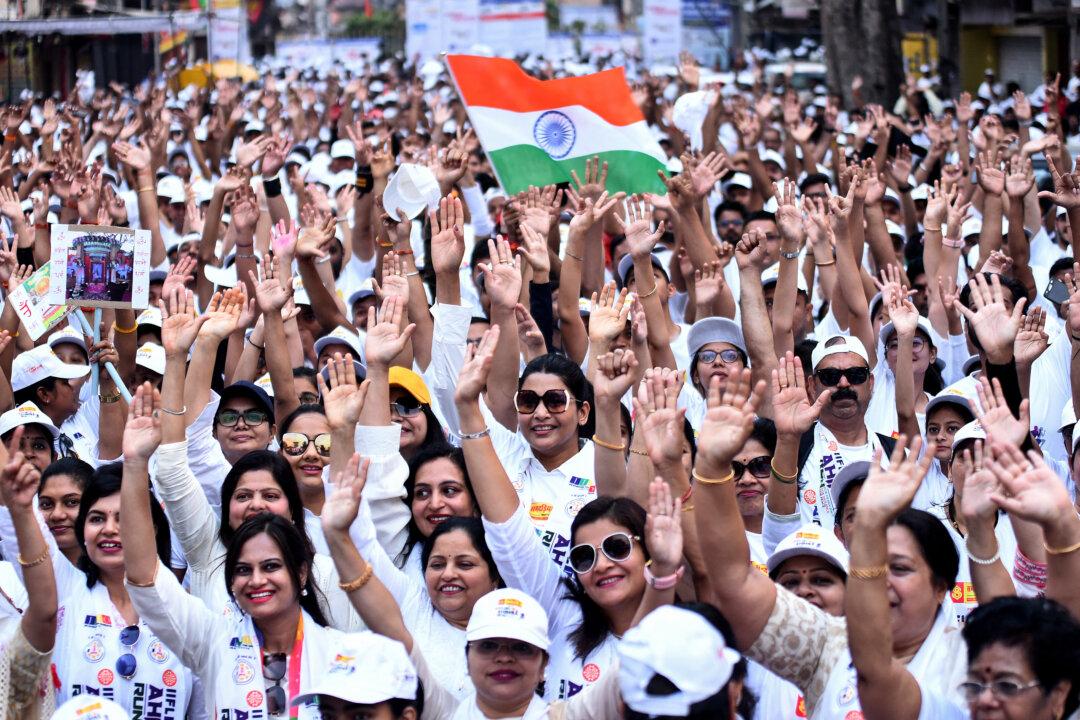NEW DELHI—India, the world’s most populous democracy, is getting ready for a six-week-long election schedule starting April 19 to elect its next federal government. It’s an event that will shape India’s policy, economy and rise over the next five years.
Estimated to be the world’s largest-ever democratic exercise, the elections will involve 945 million registered voters, more than the entire populations of North America and South America put together. They are expected to be the most expensive polls in world history, even surpassing the election budget of the United States.





